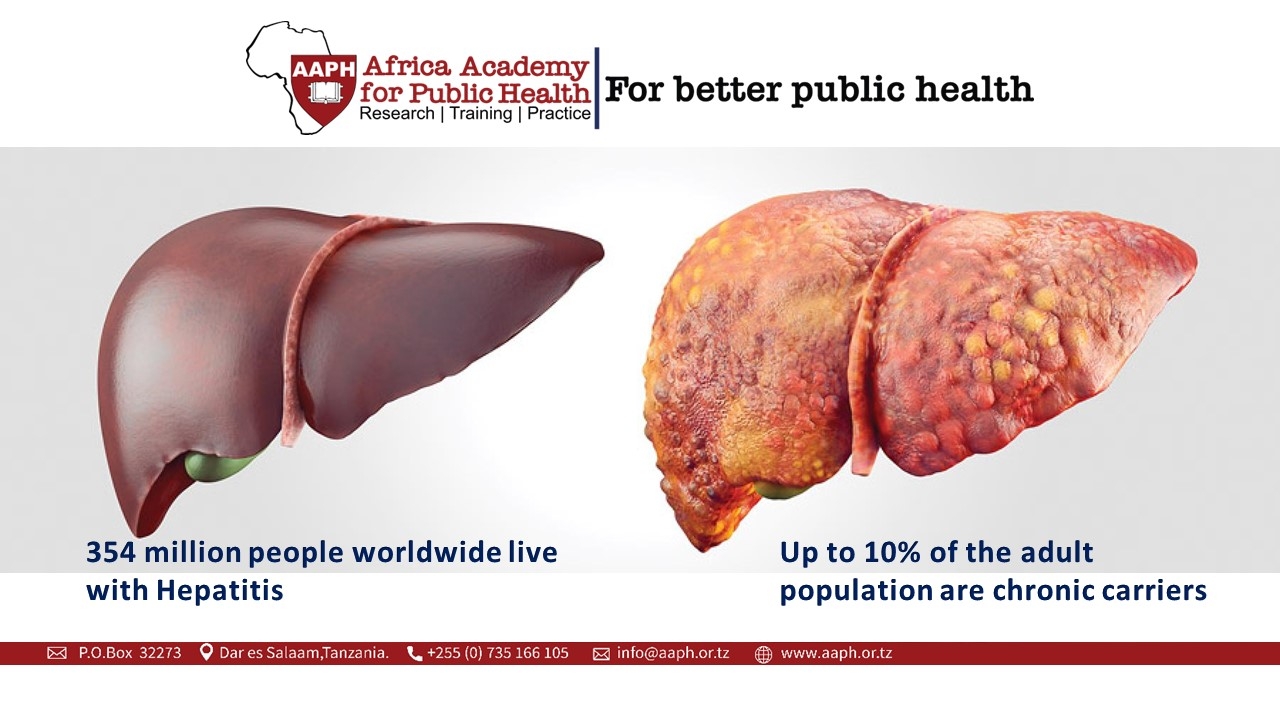
Hepatitis is a disease presenting with liver inflammation caused by various virus types, including type A, B, C, D, and E. Types B and C are particularly concerning, serving as the primary causes of liver cirrhosis, liver cancer, and viral hepatitis-related deaths. These two (Hepatitis B & C) bloodborne viruses primarily spread through unsafe injection practices and healthcare procedures, unscreened blood transfusions, injection drug use, and sexual activities involving exposure to blood. Symptoms include fever, malaise, loss of appetite, diarrhea, nausea, abdominal discomfort, dark urine, and jaundice.[1] Unfortunately, many remain unaware of their infection status or lack access to testing and treatment, further exacerbating the global impact of hepatitis.
The burden of hepatitis B and C is substantial, with an estimated 354 million people worldwide living with these infections.1 In regions like sub-Saharan Africa and east Asia, the prevalence of Hepatitis B virus is particularly high, affecting 5% to 10% of the adult population as chronic carriers.[2] In Tanzania, approximately 7% of the population is chronically infected with hepatitis B, while around 2% are affected by hepatitis C.[3] These figures highlight the importance of continued efforts to address and control the impact of viral hepatitis on public health in Tanzania and globally. The government of Tanzania has committed to eliminating viral hepatitis by 2030 by developing and implementing a national strategic plan and guidelines for hepatitis prevention and control. [4]
A multi-faceted approach is needed to tackle this public health challenge effectively; first by promoting routine hepatitis B vaccination, especially among infants and high-risk groups. This will prevent new infections and reduce the disease burden. Secondly, the government has increased public awareness through campaigns, community outreach, and education programs to break down stigma and encourage early testing and treatment.
Viral Hepatitis Day 2023 presents an opportunity to recommit to fighting viral hepatitis and ensuring the well-being of everyone. We can all play a role by spreading awareness, promoting prevention, and access to quality healthcare services. Tanzania and the World can move closer to eliminating viral hepatitis as a public health threat. One life, one liver, for Better Public Health.
[3] Semvua B. Kilonzo, Daniel W. Gunda, Bonaventura C. T. Mpondo, Fatma A. Bakshi, Hyasinta Jaka, "Hepatitis B Virus Infection in Tanzania: Current Status and Challenges", Journal of Tropical Medicine, vol. 2018, Article ID 4239646, 10 pages, 2018. https://doi.org/10.1155/2018/4239646
[4] NATIONAL STRATEGIC PLAN FOR THE CONTROL OF VIRAL HEPATITIS 2018/19 -2022/23
